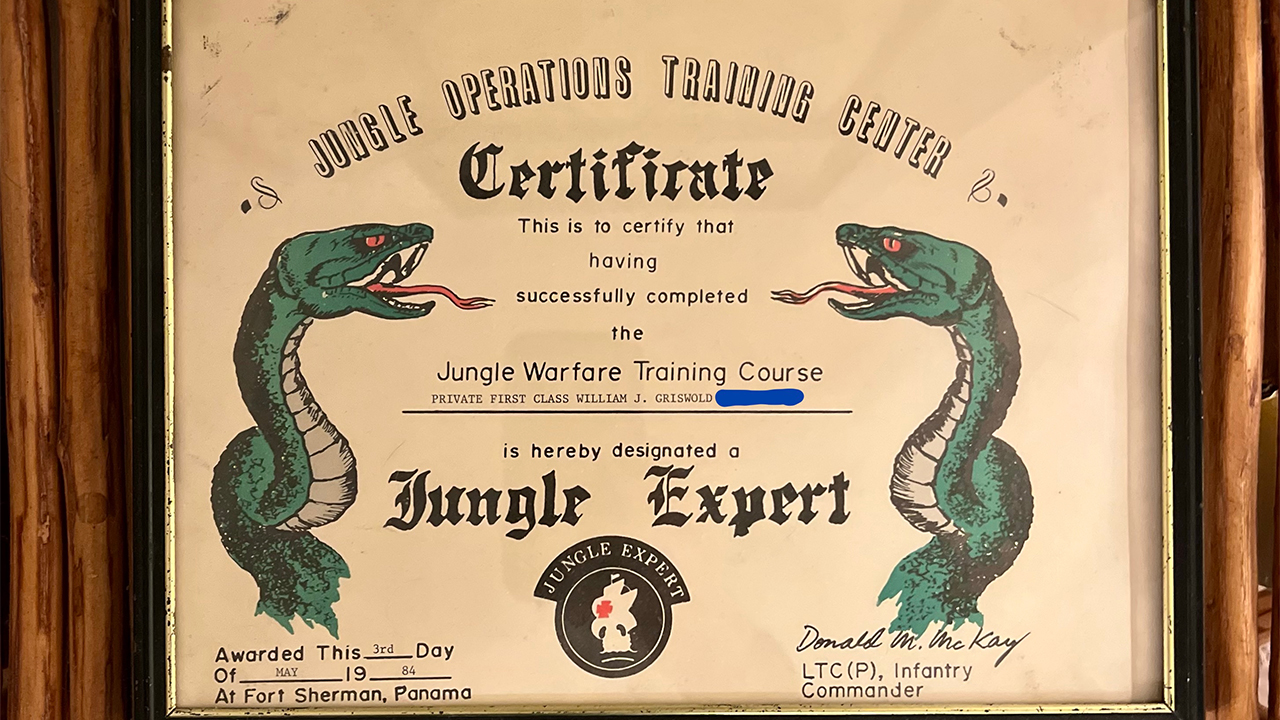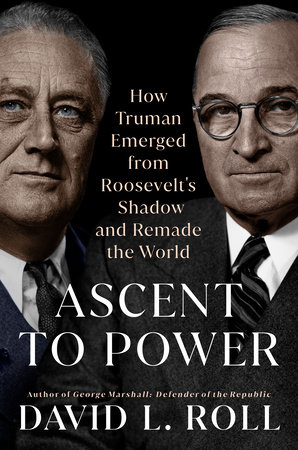Do Not Tempt the Universe: TCR at Sea
July 13, 2024

I think we can say scientifically that the universe perks up when we approach new ventures. The data is in. The universe gets interested. You gotta be careful out there.
Before I left for this trip, I was rushing around but paused to eat some dry stir-fry on the couch while watching Being James Bond. I choked so badly on a half-grain of rice that it all ended up stuck to my t-shirt, which shows Kevin from The Office saying, “I have very little patience for stupidity.” The next day I left my phone in a supermarket cart, and that night I dreamt in kaleidoscopic fractals. The flight attendant this morning spoke with the voice of a nine-year old girl and said, when bringing me water, “I have your truth serum.”
So you can clearly see it is not me. Right? And the bigger the venture, the more the universe messes with you. Transiting The Ditch, with some legs offshore, is no small feat, most of all for me. During the Reagan-Bush era I once started throwing up on a converted minesweeper during a squall in the Gulf of Mexico, and I only stopped last week.
My friend’s boat—a beautiful, 30-ton, 62-footer he just bought—has been high and dry on jack stands for several weeks at Cracker Boy Boat Works in Fort Pierce, Florida. Chris explained to me how boats like this one, which sold a few years ago for $1.6 million, are often neglected by their owners. Many rarely leave their slips, which means nothing about the need for constant preventive maintenance. Owners eventually get tired of throwing money into a hole in the water, as boaters like to say, and put the boats on the resale market, saying, “It’s a very desirable brand.” Often they fail to sell them for more than a fraction of what they paid. As Chris told me on the ride from the airport, you do not go out in the ocean if you cannot afford a new transmission and engine, should they fail.
Obviously, you want to hedge your bets against the universe’s interest by preparing well. Chris has had two surveys (inspections of hull and engine) and afterward replaced engine turbos, a gray-water pump, rotted decking in the lazarette, and the bridge enclosure. He had the sea strainers and the old transfer system serviced, and scraped barnacles off the hull and shaft and painted below the waterline. The boat was ready to go when I arrived.
We made a run to Publix for food. He told me to get a cart and he would get a cart. I tried to add bananas to my cart and he said no, that was bad luck, and later the manager of Cracker Boy, a very nice lady, came out to chat and told me, “Yeah, no, you can’t have bananas onboard.”
The plan was to have the boatyard’s massive, 75-ton mobile hoist “splash” Chris’s boat—put it in the water—as soon as I arrived. We would motor a hundred feet across Taylor Creek to a marina, tie up to their dock, fill the two 385-gallon diesel tanks ($3.31 a gallon with the discount (Chris calls his visits to the credit card machine “going to take a plastic beating”), and spend the night before heading north at dawn. This was just as well, as the yard manager also told me pointedly it was bad luck to start a boat trip on a Friday.
As soon as we tied up it became apparent other things had gone wrong, and Chris worked on them, one by one: water line connection, trim tabs hydraulic line, and steering ram bleed-down. He served up Boom Boom and Trixie, the twin diesel engines named by the previous owner, a gallon of oil each. It is time to go.
Chris has done “The Ditch” four times before, north and south, often alone. He says it will be nice to have me help him steer, navigate, and tie up each night, and that there will be “time to talk—you, me, and the great big sea.”
Oh, and the boat’s air conditioner failed as we were trying to get something to eat, leaving the berths as hot as saunas. But Chris is working on that.







